19 December 2024
Professor Brett Delahunt, a long-standing scientific collaborator, has officially joined the institute, bringing a wealth of expertise to further cancer research.

Prof Franca Ronchese, Prof Brett Delahunt, Prof Kijesten Wiig, Prof Graham Le Gros
Prof Delahunt remembers his first encounter with the Malaghan Institute, then the Wellington Cancer and Medical Research Institute, in the 1980s. He had recently graduated from the University of Otago Medical School and was placed in Wellington Hospital.
The first director of the Malaghan Institute, Professor William Stehbens, asked him if he wanted to collaborate on a project to uncover the true cause of atherosclerosis, a common disease where sticky plaque builds up on the walls of arteries, narrowing the blood vessels.
“I was fresh out of medical school and quite undecided on what I wanted to specialise in. Bill was my hero, he gave me my big step up and enabled me to use my surgical skills to build models to undertake cutting-edge research,” says Prof Delahunt.
“He was brilliant but unconventional. His project challenged many of the accepted notions of what causes arthrosclerosis. This kicked off my research career and I continue his legacy to challenge the status quo to this day.”
For over three decades, Prof Delahunt has been a steady and influential presence at the Malaghan Institute, collaborating on numerous research projects, co-supervising PhD students, and advocating for the institute's work. His prolific publications in top-tier journals have significantly contributed to the institute's global reputation.
“Brett has effectively been a scientific guardian of the institute, guiding researchers, young and established alike, to grow and receive recognition for their efforts and contributions to science,” says Professor Le Gros, current Director of the Malaghan Institute.
“I’m honoured and excited to officially welcome Brett to the Malaghan. He has long been a strong advocate for improving health outcomes for Kiwis, and these values align perfectly with those of our institute.”
Since his early research, Prof Delahunt has gone on to have an internationally renowned career in pathology – the scientific study of diseases – focusing on uncovering their causes and mechanisms. By analysing tissue samples, pathology provides crucial insights for diagnosing illnesses, understanding their progression and developing effective treatment strategies.
He is a world leader in cancer pathology, having developed a grading system for kidney cancer biopsies that is now the World Health Organization's standard. In recognition of his significant contributions to the pathology field, he is a Foreign Professor at the Karolinska Institute in Stockholm, Sweden.
His current research is predominantly focused on prostate cancer, and he is a strong advocate for bringing more public awareness to this insidious disease.
“Prostate cancer kills more than 700 people a year in New Zealand alone, that’s the same number that die from breast cancer, yet we don’t give it nearly as much attention. We really need more men to get screened across the country,” says Prof Delahunt.
He was integral in establishing Aquesta Uropathology, a specialised pathology service that tests hundreds of urology samples daily, providing rapid prostate diagnoses to patients in Austrailia. Over the years, Prof Delahunt has taken a vast number of leadership roles in academia and public heath, uplifting the standard of research across New Zealand and abroad. He was recently appointed as the Prostate Cancer Foundation’s National Patron.
Now officially part of the Malaghan Institute, Prof Delahunt will apply his wealth of experience and knowledge to further cancer research being conducted at the institute.
“I’ve considered myself a part of the Malaghan for a long time. It is good to officially be part of an organisation that stays true to conducting excellent science regardless of external factors like election cycles,” he says.
Prof Delahunt emphasises the importance of combining insights from various fields, to develop more effective therapies and get a deeper understanding of cancer.
“I’m looking forward to bringing my expertise in pathology to immunology, as it can provide a valuable new dimension to the research being conducted at the institute. By offering unique insights into tissue structure and disease processes, pathology complements modern cellular techniques like flow cytometry, particularly in the study of solid cancers.”
He still thinks about his time as a fresh graduate at Wellington Hospital, where the relationships he formed have since been constant in his life.
“Through my long-standing relationship with the Malaghan Institute and its scientists, I’ve come to recognise the importance of building strong connections with colleagues. By collaborating and learning from one another, you can evolve together as scientists, cultivating long-term partnerships that grow and adapt over time.”
Related articles
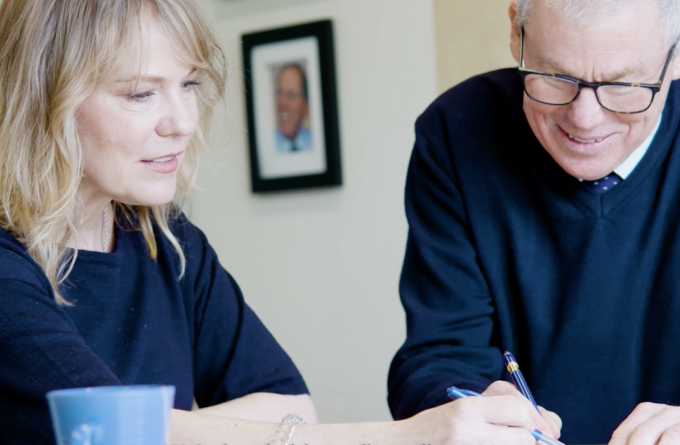
Kjesten Wiig: bringing life-changing treatments to life
27 February 2025
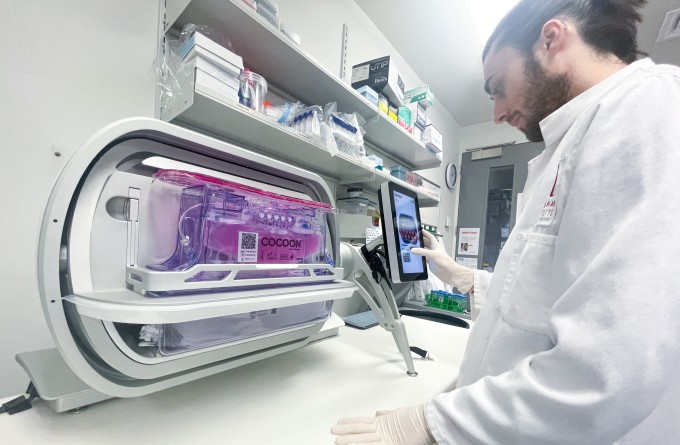
Malaghan CAR T-cell cancer therapy trial expands to Christchurch and Auckland
24 February 2025
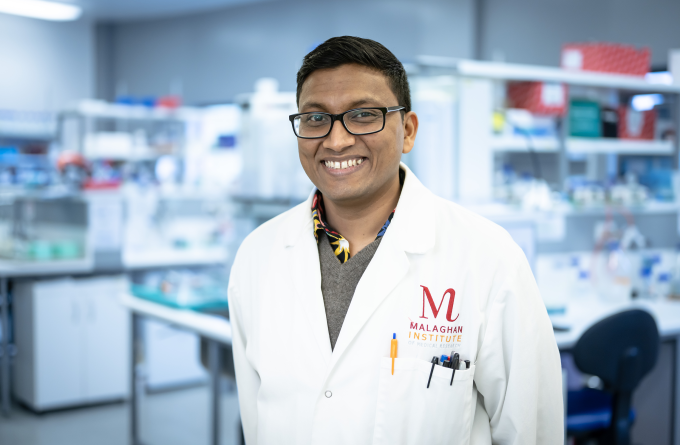
Cancer Research Trust grant to improve CAR T-cell therapy
12 February 2025
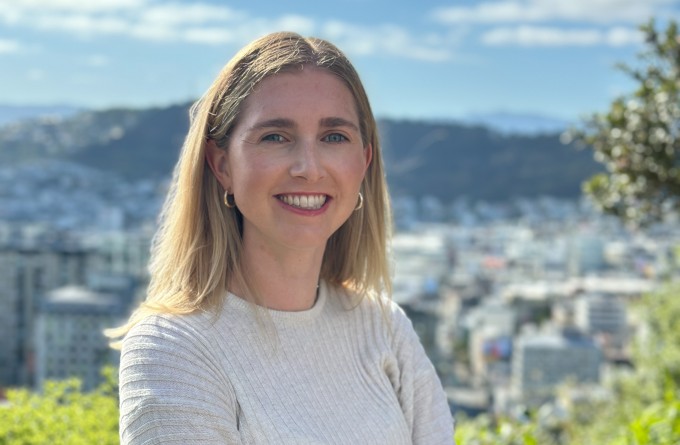
New Zealand to New York and back again: Malaghan researcher tackling liver cancer
18 November 2024
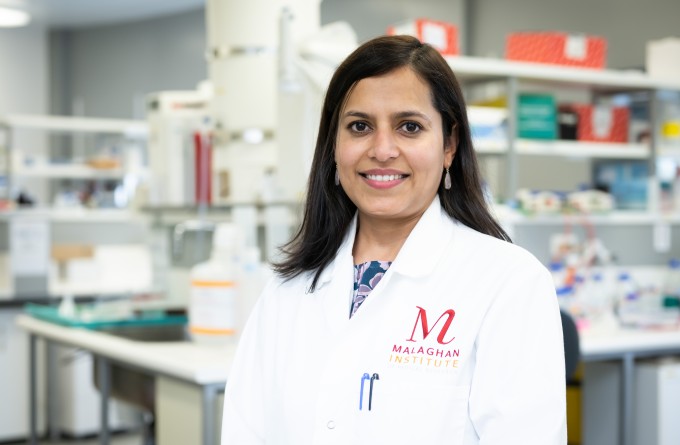
CAR T-cell therapy, the battle of the blood cells
26 September 2024
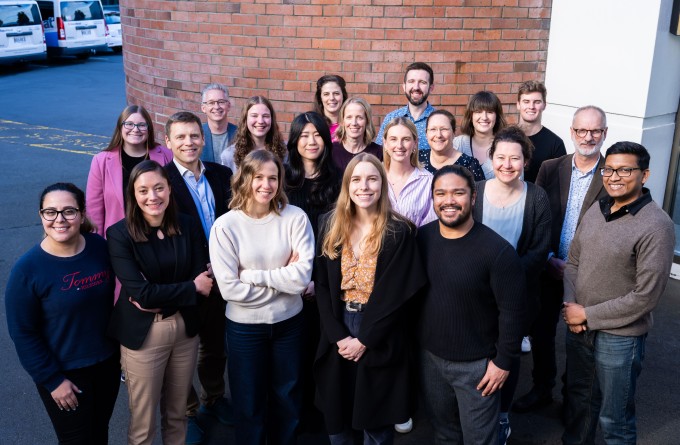
Phase 2 clinical trial underway to confirm effectiveness and safety of NZ’s first CAR T-cell cancer therapy
23 July 2024
